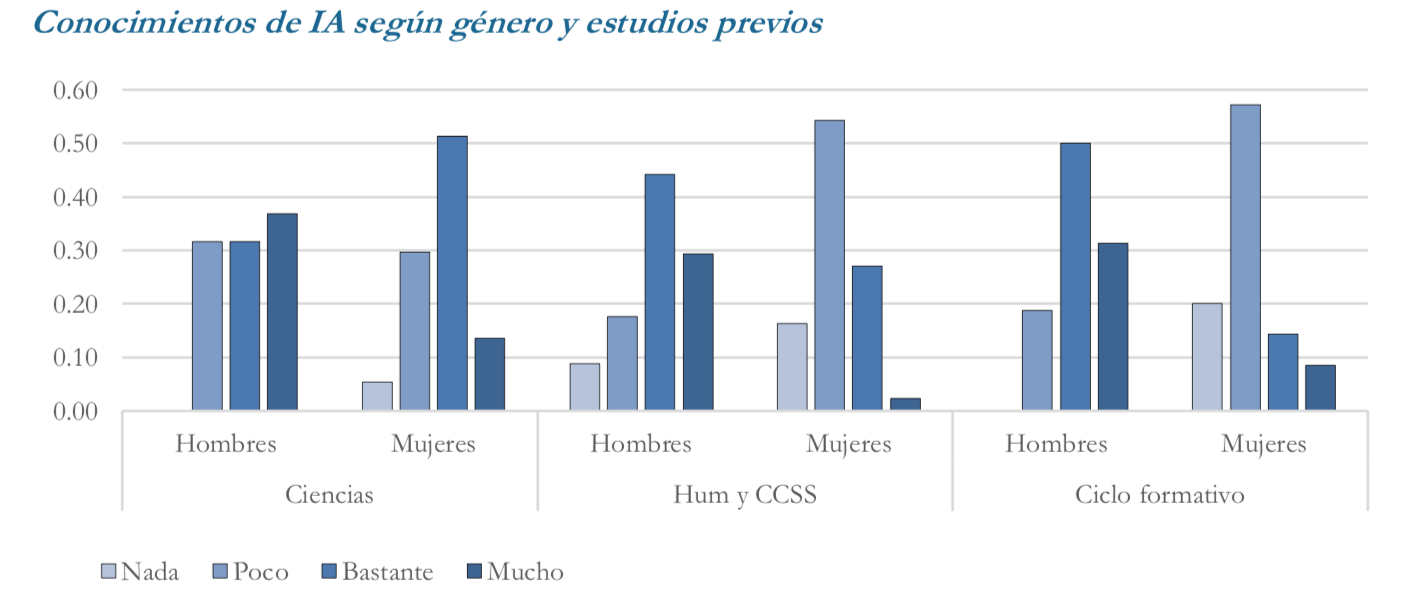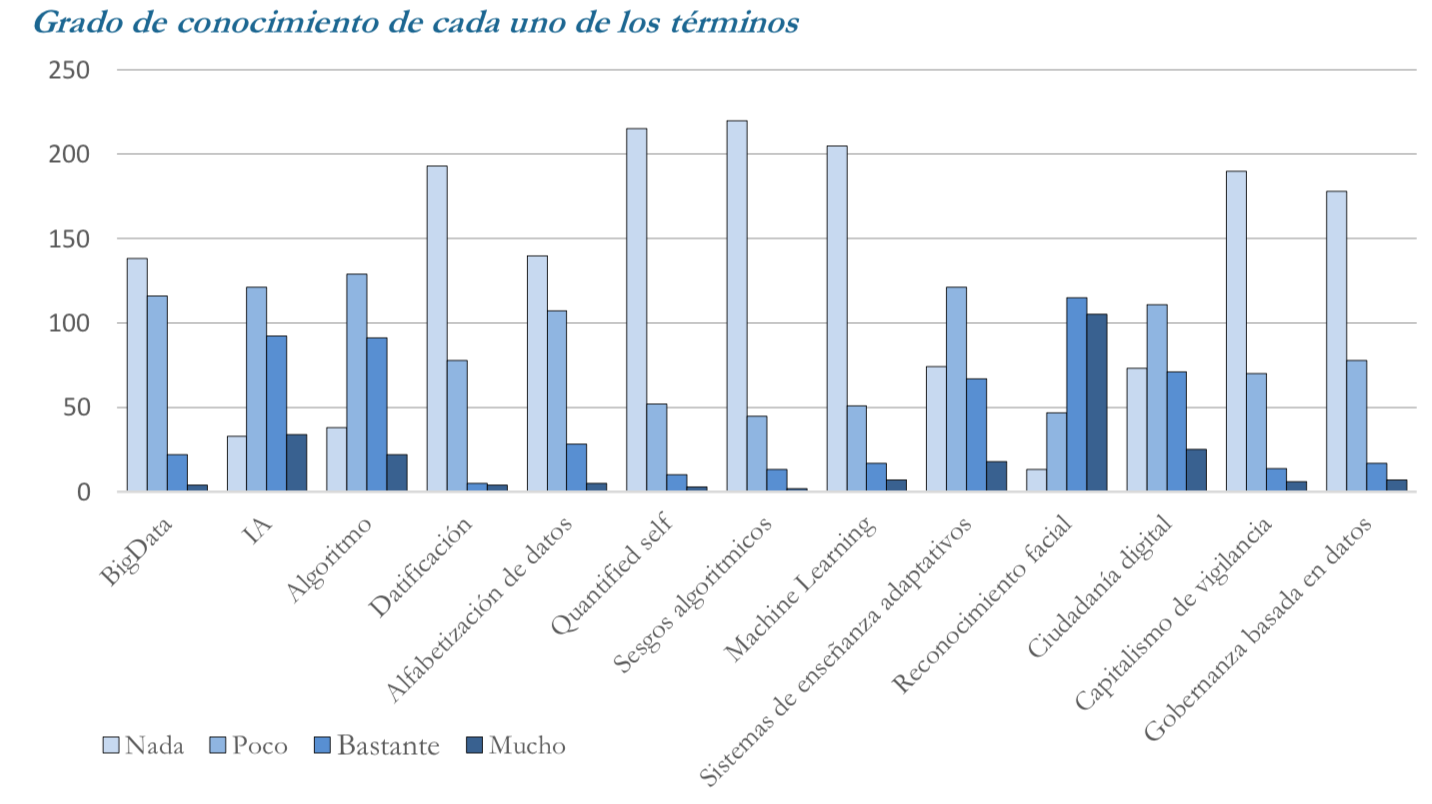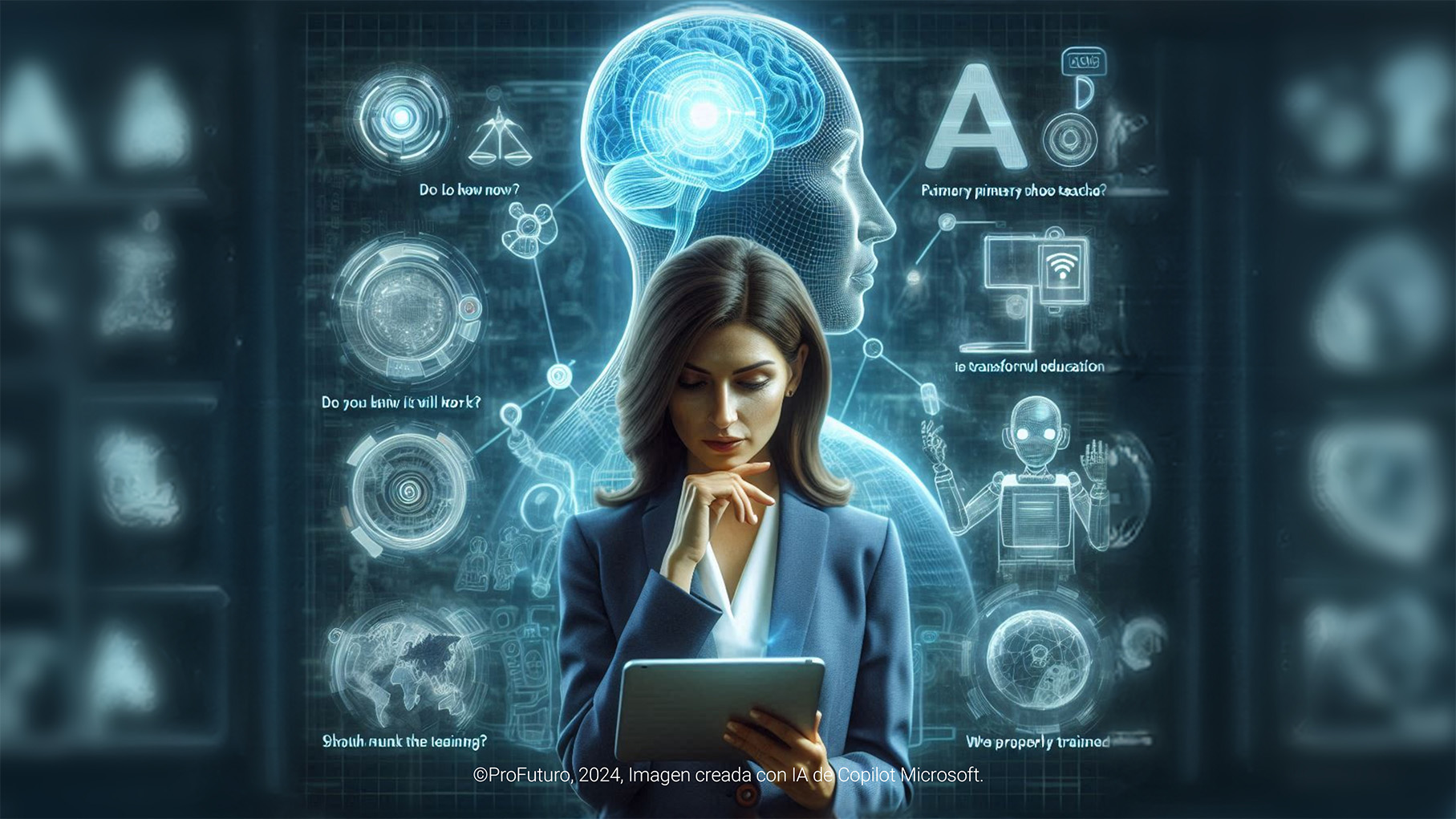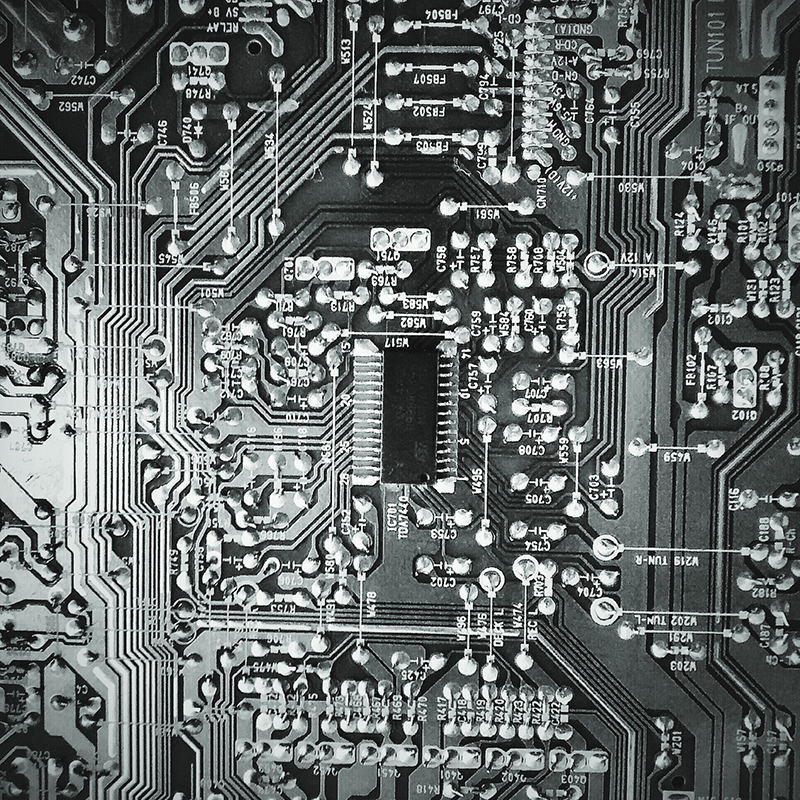AI recommends what to watch, listen to, buy, helps us set alarms, search for information online, reach our destinations, and even assists in writing articles. For instance, we consulted a well-known language model about everyday situations where we use AI without thinking much about it. That’s how we began this post.
Over the past decade, AI has made a significant impact on our lives, including the delicate world of education. From personalised tutoring systems to data analysis tools that more effectively assess student progress, or platforms that efficiently manage administrative tasks. However, concerns about AI are magnified a thousand fold in the context of education.
Students, being in a critical stage of cognitive and emotional development, are extremely vulnerable. Concerns about their safety and the potential effects of AI-mediated education on their development are natural. Therefore, the implementation of AI in education must be responsible and surrounded by all possible precautions.
A key to ensuring the ethical and effective use of AI in education is the proper training of teachers. Teachers play a fundamental role in mediating between technology and students. Without solid teacher training, the incorporation of any technology (including AI) in classrooms will be futile, or worse, have negative consequences for students’ development.
In this Observatory, we have addressed the topic of AI in education from multiple perspectives. We’ve discussed regulation, how administrations can develop public policies, how to make AI ethical, equitable, and responsible, and what current teachers think about it. But what do future teachers think? How do they perceive it? And most importantly, what do they know about it? For this information, we turned to research conducted by the University of Cádiz, with results published in the Ibero-American Journal on Quality, Effectiveness, and Change in Education (REICE, by its Spanish acronym), in the article “Education and Artificial Intelligence: An Analysis from the Perspective of Teachers in Training.”
This article summarises the main conclusions of the analysis, exploring the level of understanding and perceptions future educators have about AI and offers recommendations for addressing the challenges arising from these conclusions.
Very few participants consider AI to be related to key competencies for the development of our current society, such as civic competence.
What Do Future Teachers Know About AI?
Algorithm, datafication, facial recognition, or Big Data. What is the level of knowledge future teachers have about AI and related terms? Are they familiar with these concepts? Students were surveyed on their knowledge of terms such as Big Data, AI, algorithm, datafication, data literacy, quantified-self, algorithmic bias, machine learning, adaptive learning systems, facial recognition, digital citizenship, surveillance capitalism, and data-driven governance.
As shown in the graph, most reported having little to no knowledge of these terms. A more detailed analysis reveals that men tend to have greater knowledge than women. The most recognised terms are artificial intelligence, algorithm, and facial recognition, while the least known are datafication, algorithmic bias, or surveillance capitalism.

Source: Goenechea y Valero-Franco. 2023. Educación e Inteligencia Artificial: Un Análisis desde la Perspectiva de los Docentes en Formación.
Focusing on “artificial intelligence” and considering factors such as gender and prior studies, we see that men tend to perceive themselves as more knowledgeable about AI than women, regardless of their previous studies (science and technology, humanities and social sciences, or vocational training). For women, studies in sciences provide a significant advantage in AI knowledge compared to other fields of study.

Source: Goenechea y Valero-Franco. 2023. Educación e Inteligencia Artificial: Un Análisis desde la Perspectiva de los Docentes en Formación.
AI and Key Competencies in the Education System
According to the study’s authors, “while the development of AI will require a deeper understanding of the digital world – computer science, computational thinking, programming – the main challenge AI poses to education is the radical update of the concept of citizenship necessary to foster ethical behaviour in this ‘new’ digitised world we all inhabit, voluntarily or involuntarily.”
From this perspective, it’s important to know students’ opinions on which key competencies in the education system are related to or influenced by the use of AI. This question was posed only to those students who showed some knowledge about artificial intelligence.
Of the participants knowledgeable about AI, 85.4% believe its use is related to digital competence. 61.1% see a connection with mathematical competence and competence in science, technology, and engineering. Entrepreneurial competence was also mentioned to a lesser extent. However, very few consider AI to be related to key competencies for the development of our current society, such as civic competence.
This lack of recognition of civic competence as fundamental in the context of AI has significant consequences. If future teachers do not perceive the importance of integrating this competence, we risk educating students with great technical skills but a limited understanding of their role and responsibility in a digitalised society. This could result in a less critical and less prepared citizenry to face the ethical and social challenges posed by AI.
AI and Its Influence on the Education System
Overall, students perceive AI as a transformative force in the education system. Most believe AI will significantly impact aspects such as teaching methodology, student tasks and duties, the way of learning, the role of teachers, and educational content. However, regarding the governance of the education system, “a fundamental aspect for the evolution of the educational system,” there is no clear opinion. This may indicate that students are more focused on how AI directly affects their educational experience (in terms of teaching methodology, tasks, and content) and less on administrative and management aspects.
Finally, concerning the need for training, 59.3% of participants consider it necessary to introduce AI-related topics in the Primary Education Degree curriculum, with 15.7% deeming it essential and 23.2% considering it advisable. Only 1.8% believe it is unnecessary, suggesting that these skills should be taught before university studies.
How Do We Improve Teacher Training in AI?
Ensuring that future teachers are sufficiently trained in artificial intelligence (AI) is crucial for preparing future generations for an increasingly digitalised world. Here are some recommendations for actions that can be taken from public policy, in light of the results of this research.
- Incorporation of AI in Teacher Training Curricula: Include specific modules on AI in teacher training programs, addressing both technical and ethical-pedagogical aspects, and offer specialisation courses and postgraduate programs in AI applied to education for teachers in training and in practice.
- Include AI in Digital Skills Training: Integrate digital literacy and AI competence as part of essential skills in teacher training, ensuring all future teachers develop competencies in these areas.
- Promote Research and Development in Educational AI: Fund research and pilot projects exploring new applications of AI in education, involving future teachers in these projects, and incentivise the publication and dissemination of studies and best practices in the use of AI in the classroom.
- Implement Mentorship Programs and Support Networks: Create mentor networks and communities of practice where future teachers can learn from experienced colleagues in AI use, and organise conferences, seminars, and experience exchange meetings on AI in education.
- Continuously Evaluate and Update Training Programs: Establish evaluation and monitoring mechanisms for AI training programs to ensure their relevance and effectiveness, adapting them according to technological advances and emerging needs of the education system.






